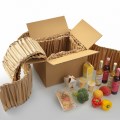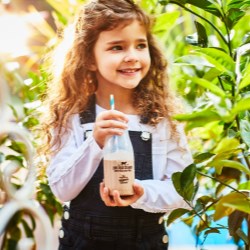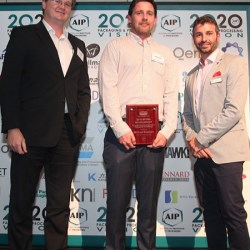If this is your company, CONTACT US to activate Packbase™ software to build your portal.


It would be foolish to ignore the rate at which our population is ageing. As the United Nations states: “Population ageing is unprecedented, without parallel in human history – and the 21st century will witness even more rapid ageing than did the century just past”.
In Australia, we’ll see growth in our 65+ population from 3.7 million to a predicted 8.7 million in 50 years. On a global scale, UN data reveals this will result in the 60+ population more than doubling from 841 million in 2013 to more than two billion in 2050.
Our neighbours in Asia will be experiencing the majority of this growth, which will undoubtedly also impact Australia.
Companies wishing to meet the challenge of designing packaging for this market need to approach product design with a greater understanding of the abilities and limitations of this group.
The recently developed SPC ProVital Easy Open Certified Cup is a great example. This company understood the struggles consumers had with the tub packaging format, and re-thought the design.
SPC identified, along with Arthritis Australia’s Accessible Design Division, that two common elements consumers with reduced dexterity struggle with are separating the small tab from the lip of the cup, and then trying to grip the smooth film tab.
What some might consider a simple task presented a significant barrier, so SPC created a large tab that sits over the edge of the cup, as well as providing a textured pattern to the film tab that makes it significantly easier to grip.
They also addressed visibility by making the tab a bright red colour, as well as using large fonts for best before dates – all factors that make the user experience easier. These improvements not only benefit the ageing population, but the whole marketplace.
It would also be unwise for businesses and marketers to continue in their belief that younger generations have the most disposable income, when the reality is that Baby Boomers also hold a significant share of Australia’s wealth. According to a 2014 report by McCrindle Research, Baby Boomers hold more than half of the nation’s wealth.
The government’s Australian Institute of Health also identified that 76 per cent of the 65+ population own their own home. Given that past research has identified that 65 per cent of consumers have had to wait for someone to open packaging for them, there is definitely room for change. Packaging can become a barrier to the independence of the ageing population if this large group’s needs and abilities are not considered.
A 2015 UK study by Dr Nicholas Ford, which explored the impact of packaging interactions on quality of life among older consumers, found that FMCG packaging made older consumers feel powerless and vulnerable. The study also found that the daily struggle consumers experienced with FMCG damaged the consumers’ sense of self-worth. This type of long-term negative emotional association can hardly be an experience any brand would want.
Going forward, brands will need to consider the ageing population’s needs in the product development process. An easy first step might be to download Arthritis Australia’s ‘Food Packaging Accessibility Guidelines’ to begin to understand what barriers their current packaging might pose.
Alexandra Brayshaw MAIP, is an accessible packaging researcher for the accessible design division of Arthritis Australia. She was also named the Young Packaging & Processing Professional of the Year at this year’s PIDA awards.



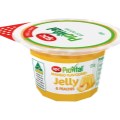

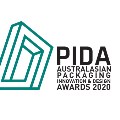
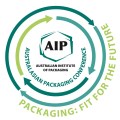
.jpg)







